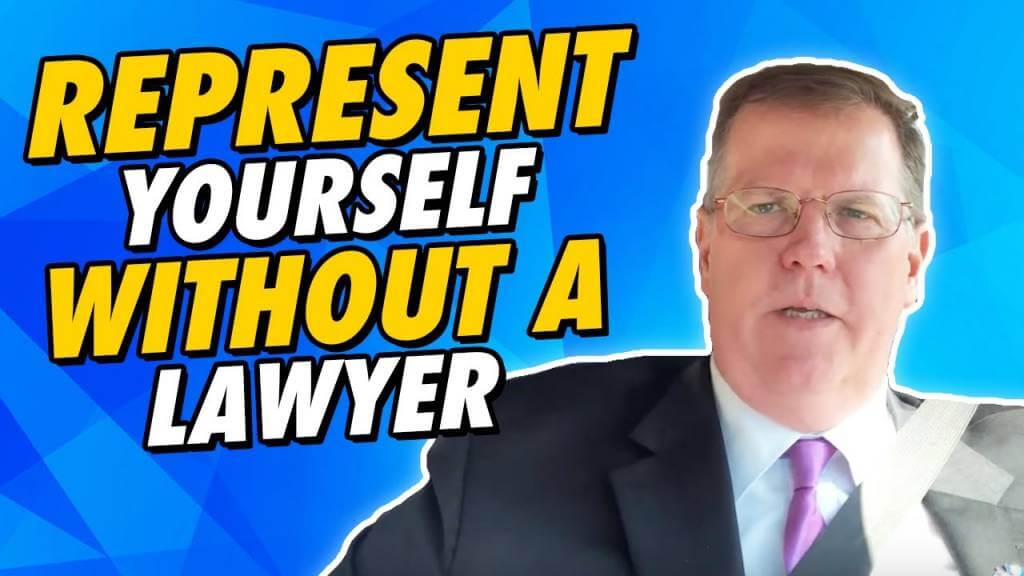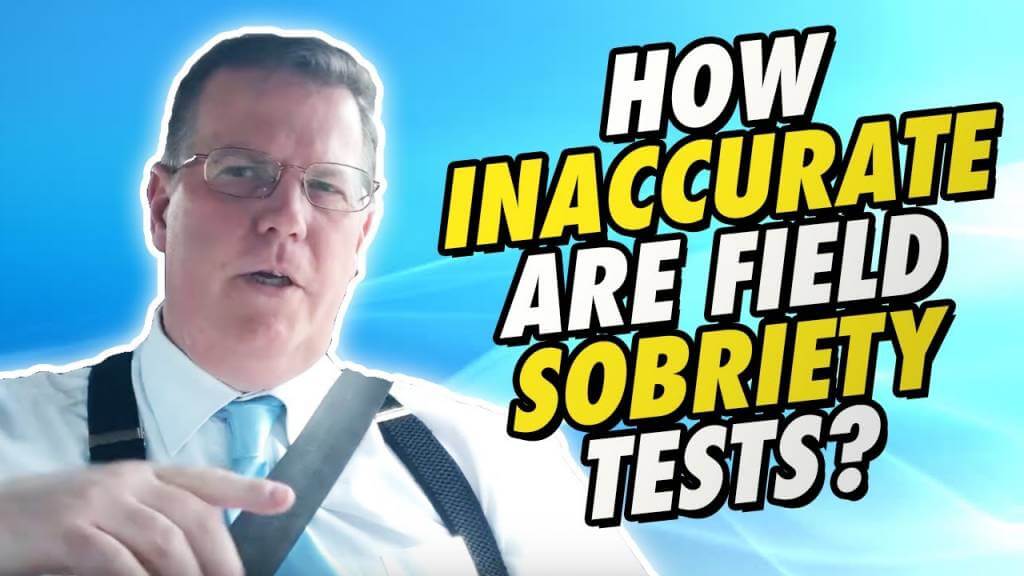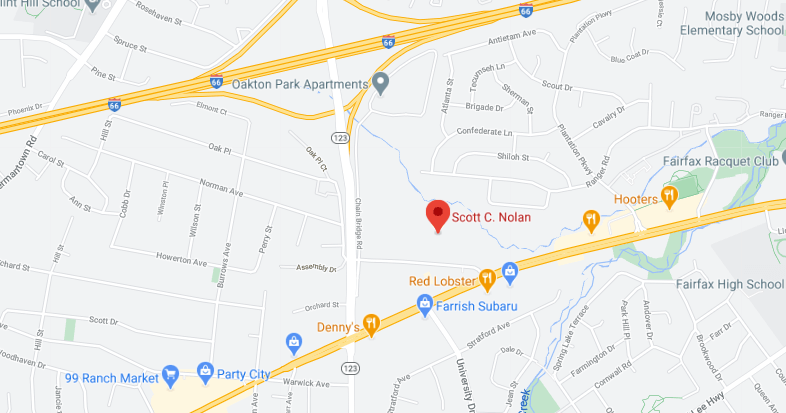Virginia treats any drug charges to be serious. And the Virginia law enforcement officers are devoted to fighting the use of prohibited drugs to the extent that searches and seizures can often be done without having a proper basis.
In an attempt to impose charges and make drug-related arrests, the right protocol isn’t always followed. Virginia residents should not have to be arrested, charged, or even convicted over a drug felony that arose from a mistake or was even based on manufactured evidence. Talk to a criminal defense attorney if you were subjected to an illegal search and seizure.
The United States Constitution is very clear in its 4th Amendment about “unreasonable searches and seizures.” Similarly, Virginia law is explicit on this subject of personal privacy. However, police officers tend to violate people’s fundamental rights in drug cases.
What Is a Search and Seizure?
A search is access to something that is considered private. This can include something unseen to the public, such as your body or your home. If something is in plain sight and the public can see it, it can be searched without permission.

A seizure is an act of limiting your freedom, like getting arrested, detained, or jailed. A cop confiscating your car is a seizure. A cop can seize (take) something from you without indicating that it will be returned.
When Is a Search and Seizure Lawful?
The police need to have probable cause if they wish to conduct a search and seizure exercise. Here, probable cause means that there is proof that indicates a crime was likely committed. However, in most cases, an officer will require more than just “probable cause” to initiate a search and seizure.
A search and seizure will be considered lawful if:
- There’s a warrant
- You consented to the search
- There’s reasonable suspicion for criminal activity
- There are pressing circumstances
An Issued Warrant
If a judge or magistrate has issued a search warrant, it authorizes law enforcement agencies to conduct a search operation on a location and seize evidence of a criminal offense. The search and seizure only applies to what the warrant has specified.

A search warrant gives law enforcers the legal backing to enter a suspect’s premise without permission to search for any evidence listed in the warrant. However, if a search is done without the presence of a warrant, then the exercise will be recognized to be unreasonable and will likely be considered illegal.
Pressing Circumstances
An officer is allowed to search or seize if the situation demands it. This is permitted if immediate action is needed to prevent the removal or destruction of evidence.
When Is a Search or Seizure Allowed Without a Warrant?
Other than situations that make a search and seizure lawful, more circumstances allow a search and seizure without a warrant. They include:
When you are arrested: The police can search you if they arrest you as part of their arresting protocol.
Traffic stop: If the police have probable cause to suspect possession of illegal drugs, they can search your vehicle in a traffic stop.
Plain view: If there are illegal drugs left out in plain sight within your property, you don’t have privacy in such a case, and the police would be allowed to search and seize.
Can the Police Search My Vehicle Without a Warrant?
Cars have fewer 4th Amendment rights, unlike homes. This is primarily because of the mobility of vehicles and the impracticability of awaiting a warrant’s issuance before searching a vehicle.
An officer can search your car as long as there’s probable cause to search it. For instance, an officer can search your car if there’s a smell of marijuana emanating from your car. However, offices are limited to only searching the area they believe may have evidence of the crime.
Searching the Trunk of Your Vehicle
The police can only search the trunk of your car if they have probable cause to believe that criminal evidence may be hidden. If evidence is found inside your trunk, questions will be asked during trial as to whether it was properly obtained under the 4th Amendment.
What Happens to the Evidence Obtained in an Illegal Search and Seizure?
Unreasonable or unlawful searches and seizures are unconstitutional as they go against the 4th Amendment. Any evidence collected in an illegal search and seizure cannot be used against you by a prosecutor or the police.

Besides, such evidence cannot be used in a drug case trial because it is considered the fruit of the poisonous tree. Getting evidence excluded in your drug case can be crucial in your criminal case. Your Fairfax criminal defense attorney will argue based on this illegality to get your drug charges dismissed or reduced to less severe offenses.
Can Illegal Searches and Seizures Be Challenged in Virginia?
Like many of us, the police make mistakes. They can intentionally or unintentionally skip steps in their protocols. If this is the case, any evidence flowing from that search and seizure process can be challenged and suppressed with the help of the right drug crimes attorney in Fairfax, VA.
Get a Legal Representative to Protect Your Constitutional Rights
The government can illegally search and seizure its citizens when trying to investigate or make an arrest. However, remember that you are protected against an illegal and unreasonable search and seizure.
You need a legal counsel to review your case and advise you if you believe your 4th Amendment rights were violated. Even if your right to privacy wasn’t infringed, the officers might have violated other rights.

If drugs were found in an illegal search and you were arrested or not, talk to an experienced drug crimes attorney to receive personalized legal counsel.











